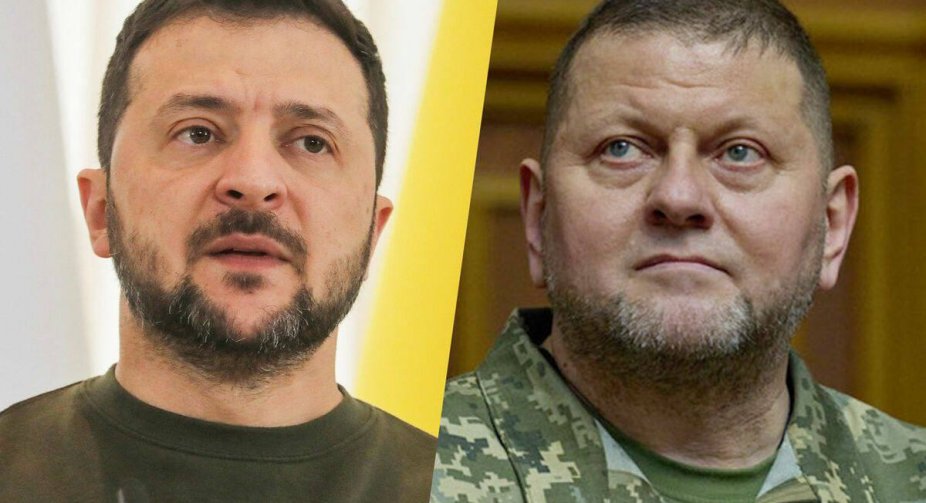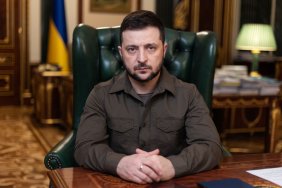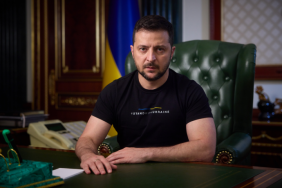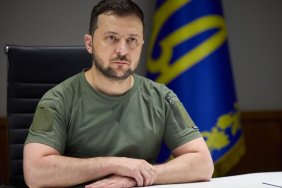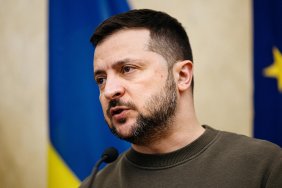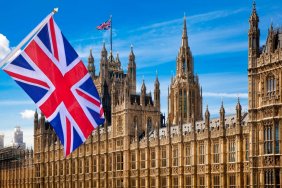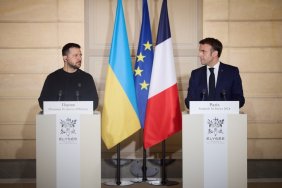President Volodymyr Zelensky communicates with some commanders of the Armed Forces of Ukraine, bypassing Chief of Staff Valeriy Zaluzhnyi, which prevents Zaluzhnyi from commanding the entire army. This is stated in an article by Ukrayinska Pravda.
"You see, sometimes there is an impression that Zelensky has two types of the Armed Forces: "good" ones, commanded by Syrskyi and other favorites, and "bad" ones, which are subordinate to Zaluzhnyi. This greatly demotivates the commander-in-chief and, most importantly, prevents him from commanding the entire army," a source from the president's entourage tells the publication.
It is noted that Zelensky has actually created parallel tracks for communication with the commanders of various branches of the army, which bypasses Zaluzhnyi.
For example, with the commanders of the Ground Forces, Oleksandr Syrskyi or the Air Force, Mykola Oleshchuk.
Direct contact with the commanders speeds up the work for the president, but destabilizes the work of the chief of the Armed Forces, who learns some of the information from his formal subordinates only at meetings, If he finds out at all, journalists add.
Another example of Zelensky's political behavior was a high-profile media story about a purge of regional military commanders. After the UP investigation into the Odesa military commissar's unprecedented enrichment during the war, the president demanded that all heads of regional recruitment centers be fired and their assets checked.
"The head of the SBI, Sukhachov, came to the Stavka in the summer and began to report on how well the military commissars were fired. After him, Zaluzhnyi took the floor, and he was just soaking him up: "I want to thank law enforcement, the topic of corruption is important. But I also want to announce the latest data on mobilization." And there is a sharp drop in all regions," says one of the participants of that meeting on condition of anonymity.
That is, what looked like a quick and decisive fulfillment of society's demand for justice from a political point of view actually had complicated consequences from a military point of view, the publication explains.
"Personnel reshuffles, such as the dismissal of the commander of the SOF Khorenko, the commander of the medical forces Ostashchenko, or the possible resignation of the commander of the Joint Forces Nayev, have a similar effect. All of these military officers are from the orbit of Zaluzhnyi's chief, and their dismissal brings instability to the command vertical. The criminal case against Nayev for the defense of the south, which Zaluzhnyi sees as an attempt to get close to him, is another chapter in this story," the article says.
But, the journalists write, the degree of tension between the president and the chief of the Armed Forces rose the most after the start of the counteroffensive in the south.
